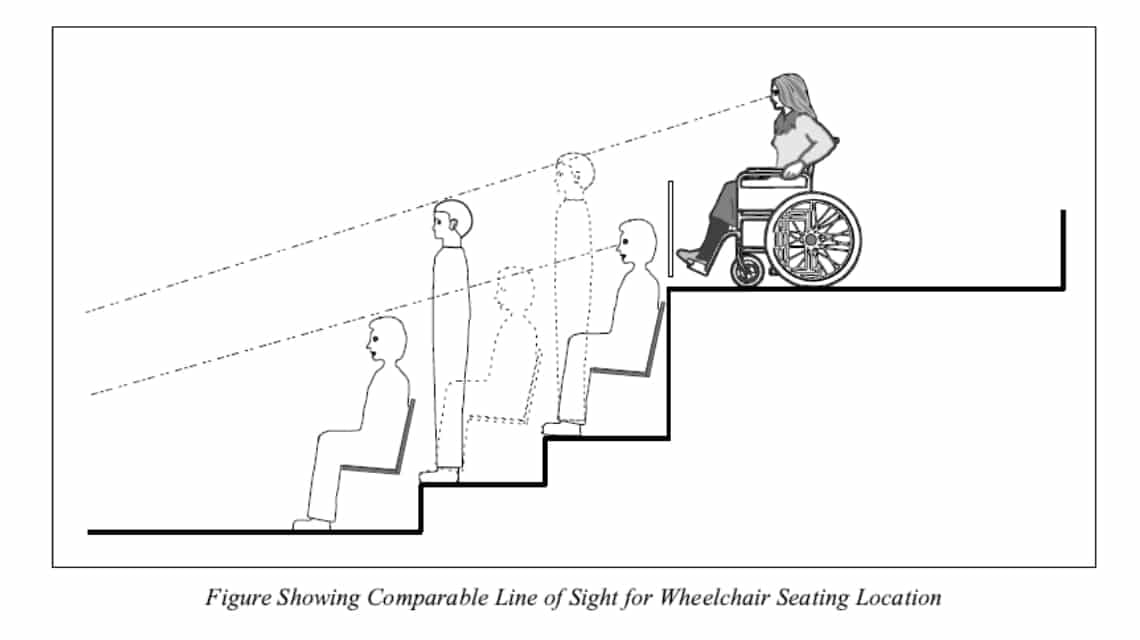(CN) — A federal judge threw out a lawsuit Monday against the home stadium of the Seattle Mariners filed by four baseball fans who rely on wheelchairs for mobility because of disabilities.
T-Mobile Park was still called Safeco Field when Clark Landis and three others brought the federal complaint in 2018. Represented by Washington Civil & Disability Advocate and by attorneys at Connor & Sargent in Seattle, the group accused the outfits that lease the field to the Mariners of, among other things, not providing enough wheelchair-accessible seating spaces and giving those spaces insufficient sight lines. In some cases, the plaintiffs alleged, a "cold shade" obstructs seats for the disabled. In others, the seating platforms are purportedly not high enough for those sitting in wheelchairs to see if the fans in front of them stand up.
U.S. District Judge Barbara Rothstein ruled in favor of the defendants somewhat reluctantly after a 2019 bench trial. The Carter appointee wrote of her awareness that the ruling would leave fans who use wheelchairs with "significantly limited seating choices and that the lion's share of seats available to them at the Park are in less than ideal locations."
"Unfortunately, the limitations imposed by a stadium designed with tiered seating connected by stairs leads to this outcome and the dictates of the ADA do not require otherwise," Rothstein added.
The Ninth Circuit returned the case to the district court two years later, however, ordering Rothstein to reconsider the issue of the stadium sight lines as they applied to the next two rows of seating beyond the platform for guests using wheelchairs. The three-judge panel signed off on other parts of the 2019 ruling.

It ended up making little difference.
In her 9-page ruling, Judge Rothstein wrote that she had found the expert witness for the stadium owners more compelling than that of the plaintiff.
"Based on the evidence presented at trial," she concluded, "a wheelchair spectator has comparable sight lines to other spectators when viewing the playing surface between the heads and over the shoulders of the persons standing in the row immediately in front of them," as well as the people standing two rows in front of them.
In an email, plaintiffs' attorney Alexandra Robertson said that while the ruling followed the "letter" Ninth Circuit's remand order, it failed "to demonstrate authentic appreciation for the spirit of the ADA: to provide equal opportunities and comparable treatment to people with disabilities."
The defendant's lawyers did not respond to an email requesting a comment.
In their 2018 complaint, Landis and the other plaintiffs described themselves as "lifelong Mariners fans" who attend games every season. "Each simply want to enjoy the baseball games of the Seattle team they love on an equal basis without having an experience that is second-class to the experience ambulatory fans enjoy," their lawyers wrote.
Subscribe to Closing Arguments
Sign up for new weekly newsletter Closing Arguments to get the latest about ongoing trials, major litigation and hot cases and rulings in courthouses around the U.S. and the world.









